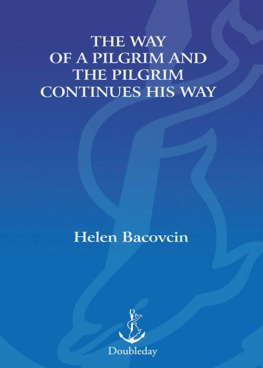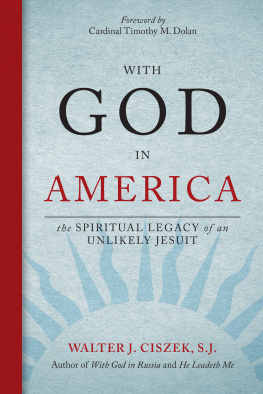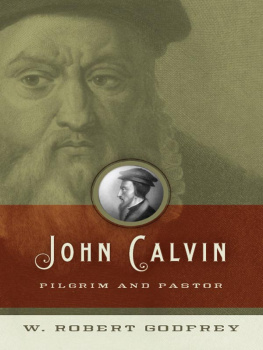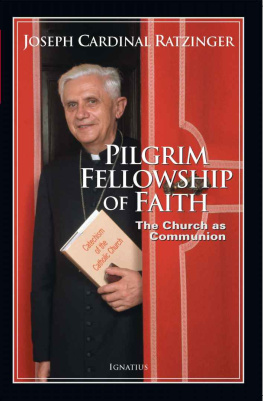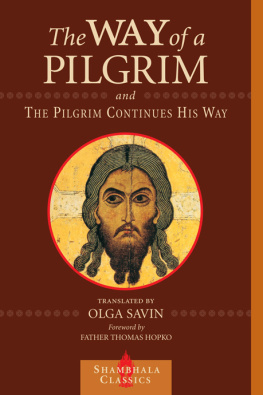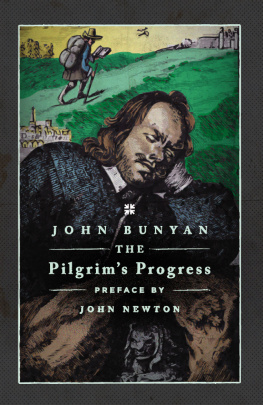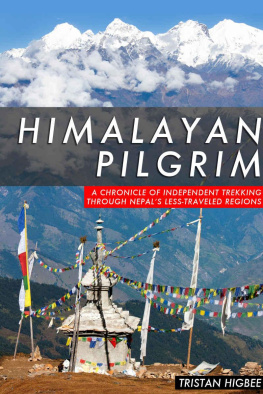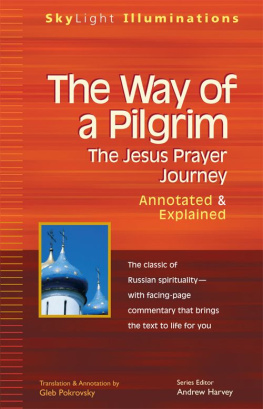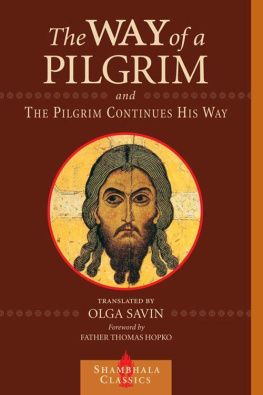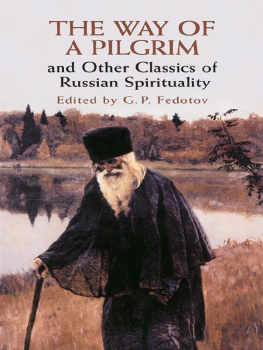THE WAY OF A PILGRIM was written by an unknown nineteenth-century Russian peasant and tells of his constant wrestling with the problem of how to pray without ceasing. Through his journeys and travels, and under the tutelage of a spiritual father, he becomes gradually more open to the promptings of God. The reader is enriched as he shares these religious experiences in a most humble, simple, and beautiful narrative.

In his book Homo Viator Gabriel Marcel speaks of man as a pilgrim. He says in his essay Value and Immortality, Perhaps a stable order can only be established on earth if man always remains accurately conscious that his condition is that of a traveller. It may seem on the surface that this philosopher and the main character of The Way of a Pilgrim, a simple, anonymous Russian peasant who refers to himself as a pilgrim, have very little in common, that they are worlds apart in their understanding of life. But I believe that on a deeper level they are one, for they share a single vision and the source of their hope is one. They are both deeply aware that here on earth man does not have a lasting city, that his stability and security consist in being rooted in God, in that Truth which is not a thing but a person. They are both teachers: one on the theoretical level and the other on the practical. Gabriel Marcel philosophizes about mans human condition and his need of hope, while the Pilgrim shows by example, by his very life style what it means to place ones trust in God. They both know that to place ones hope in God is to have His divine light and wisdom by which to live and by which to see the world; that it is to be eminently qualified to see every man and every aspect of Gods creation as it really is in the eyes of God.
The interested reader can continue with the above analogy, but I would like to take a closer look at the Pilgrims vision of reality, and especially at the process by which he arrives at the mountain and, in the words of Kahil Gibran, sees the beauty of the world.
The Pilgrim has climbed the mountain; he has gained profound knowledge and wisdom by means of ceaseless prayer, which he has learned under the direction of a starets, his spiritual guide, and the writings of the holy Fathers in the Philokalia. He was introduced to a unique form of ejaculatory prayer known as the Jesus Prayer or the Prayer of the Heart. The desert Fathers taught that this short prayer contains within itself the summary of the Gospel and that ceaseless recitation of it is a direct response to the injunction of Scripture to pray always. They regarded the Jesus Prayer as the art of arts and the science of sciences, for it could lead the man who assiduously practiced it to the heights of perfection. The Pilgrim was most receptive to this valuable knowledge about prayer, for he had been earnestly searching for a method of prayer which would satisfy his longing for uninterrupted communion with God. He spared no effort to make this simple prayer his own, and once he began to experience its beneficial effects of peace and joy, he never tired of speaking about it to anyone who would listen. His narrative is full of fascinating anecdotes as well as miraculous cures and conversions, many of which were attributed to the Jesus Prayer.
The value of the Pilgrims story lies in its simple presentation of the power of prayer; a power which reaches far beyond the intellect and human knowledge and beyond all efforts of man seeking to find meaning in life. This power is available to all who believe in God and it can transform mans weakness, his limitations and sufferings and bring him to glory.
In this new translation Helen Bacovcin has caught the spirit of the Pilgrim, for she shares not only in his Slavic heritage but also in his love of prayer.
Walter J. Ciszek, S.J.
PREFACE
to the 2003 edition
In our fragile world where fear and anxiety abound, where war and rumors of war never cease, where the battle between good and evil is raging, there is one anchor, one refuge, which is ever present, accessible to all, and never fails; where the weary and the lonely and the sick in mind and body can find peace and comfort, where conflicts can be resolved, where wisdom and forgiveness can be learned, and where love blossoms.
Are you looking for such a refuge, for such a safe harbor? Are the cares of this world weighing you down? Do you feel rejected or abandoned or unfairly treated? Have you come to the crossroads of your life and do you not know which way to go? Do you have goals that seem to be at a standstill? Are you seeking direction for your life?
Whatever your need, let me introduce you to someone who knows a wellspring, a source where all good abounds, and all questions are answered. The simple, anonymous Russian peasant has the key and knows the secret entrance to the Heart of God, where all riches reside, and where love and compassion reign. The Pilgrim is eager to show you the way.
PREFACE
to the 2003 edition
In our fragile world where fear and anxiety abound, where war and rumors of war never cease, where the battle between good and evil is raging, there is one anchor, one refuge, which is ever present, accessible to all, and never fails; where the weary and the lonely and the sick in mind and body can find peace and comfort, where conflicts can be resolved, where wisdom and forgiveness can be learned, and where love blossoms.
Are you looking for such a refuge, for such a safe harbor? Are the cares of this world weighing you down? Do you feel rejected or abandoned or unfairly treated? Have you come to the crossroads of your life and do you not know which way to go? Do you have goals that seem to be at a standstill? Are you seeking direction for your life?
Whatever your need, let me introduce you to someone who knows a wellspring, a source where all good abounds, and all questions are answered. The simple, anonymous Russian peasant has the key and knows the secret entrance to the Heart of God, where all riches reside, and where love and compassion reign. The Pilgrim is eager to show you the way.
PREFACE
to the original edition
Several years ago I received a rather significant little gift from one of my high school students, a button with the words My God Is OK, Sorry About Yours. And while it has been comforting to believe in a God who is OK, in recent months I have had the good fortune of becoming well acquainted with a man whose God is not only OK but ABSOLUTELY WONDERFUL . This man, dear reader, is the Pilgrim who is both the author and the main character of the story which you are about to read. He is a simple Russian peasant who may have never heard of his contemporary the writer Turgenev, but he put into practice the novelists suggestion that every man should write the story of his life.
The Pilgrims account is both informative and entertaining and can be read on more than one level. It is touching simply as a narrative of a man whose life style is very different from yours and mine. Fortune does not smile at him, for he has lost both his material possessions and his family; he has no home of his own and a handicap prevents him from earning a living, so he wanders from one end of his vast country to another.

